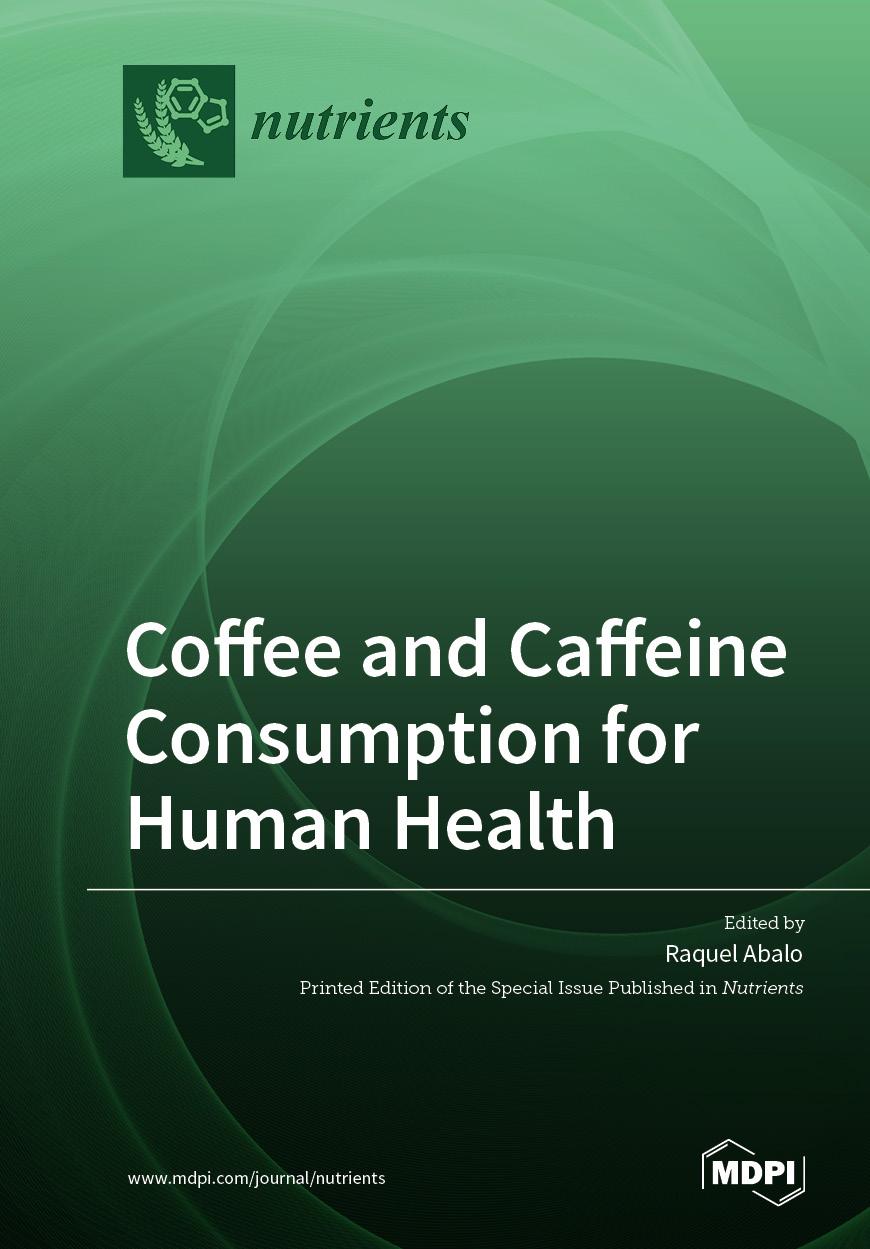Coffee and Caffeine Consumption for Human Health by Juan Del Coso, 2022
Caffeine is present in coffee and many other beverages and is the most widely used central nervous system stimulant. Coffee drinking or caffeine supplementation may have a role in preventing cardiometabolic and endocrine disease, neuroinflammation, cancer, and even all-cause mortality.
